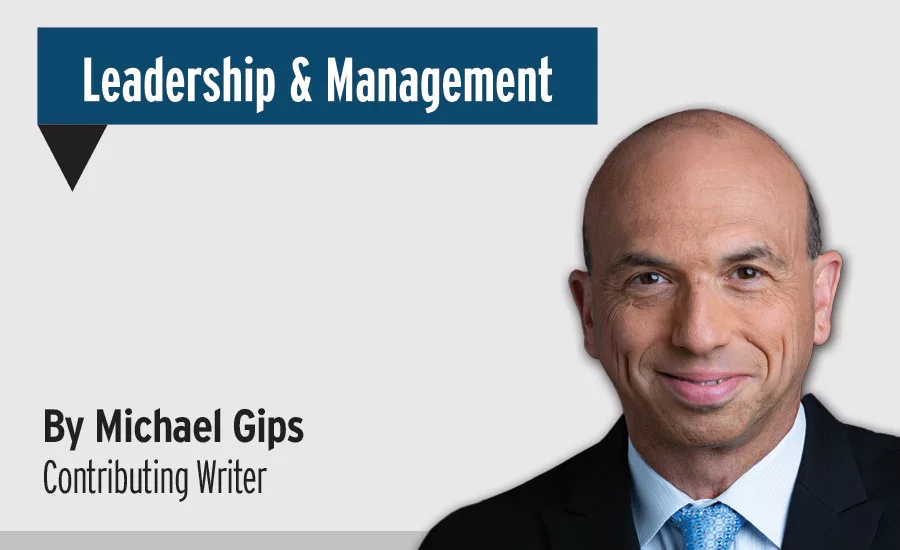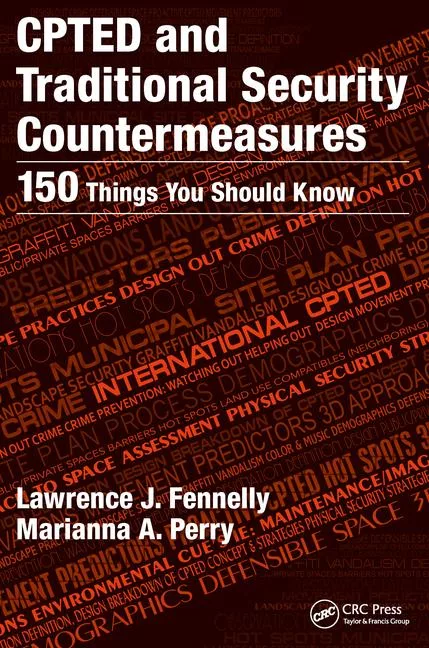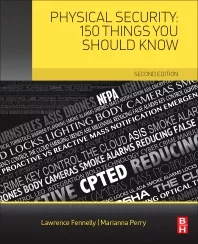Leadership & Management
Should you stay or should you go?


Just when we thought it was safe to go back to a security conference, we get the Delta variant. Lambda and Mu will undoubtedly get additional press as COVID-19 strains work their way through the Greek alphabet. We just don’t know when this will end.
Everything seemed so different just a couple of months ago at ISC West in Las Vegas. Though the show floor and attendance were a fraction of their usual size, security professionals rejoiced at the opportunity to turn off Zoom, talk face-to-face with colleagues, and handle the latest access control and surveillance systems.
With their temperatures screened before entry, many showgoers lowered their masks and drew in tight. Other than on a few of the exhibiting staff, you were hard-pressed to detect a face mask on the show floor.
Then, we got home, and the calls and texts started coming in. Such-and-such vaccinated person was down with COVID-19, and so were a few of their colleagues. Did we shake hands, embrace, have lunch together, or otherwise interact unmasked with any of the stricken? Stung by our quick return to complacency, we rushed to get tested for COVID-19.
By the time this article goes to press, GSX 2021 will have concluded at the end of September. ASIS International committed to hosting a hybrid virtual-in-person event, with the physical component scheduled for Orlando. For now, other security events are expected to be held live as well, including the following this month alone: connect: ID (Washington, D.C.), CONSULT (San Antonio), Total Security Summit (Manchester, U.K.), Total Security Advisor Exchange (Kissimmee, Fla.), and ISAF (Istanbul).
As a security leader, do you better support the industry and serve your employer by attending in person? Or do you play it safe and attend virtually, forgoing the in-person conversations, random encounters, and charged environment that bring so much value to these physical events?
And how can you credibly restrict corporate travel by others to business essential while carving out an exception for yourself or your security staff for a conference? That sort of hypocrisy can doom you as a leader.
Experts in risk management, security professionals are putting these skills to use to make their own determinations. The Centers for Disease Control and Prevention issued the following considerations when considering whether to attend an event. They are a good place for security practitioners to start:
- How prevalent is COVID-19 in the community? Carefully watch the rates and absolute numbers of infections at the site of the event.
- How risky is travel? Commercial airlines have done a good job ventilating planes and enforcing mask requirements, but airports, taxis, buses, trains, train stations may all provide distancing and ventilation challenges.
- How long is the event and the individual components, such as educational sessions?
- What is the setting? Large spaces with high ceilings, such as exhibit halls, allow for greater airflow. Cramped indoor spaces heighten risk.
- How many people are attending? The more attendees, the greater the risk, but this can be compensated for by creating extra space, such as blocking off seats or spreading out guests in large rooms.
- Who is attending? Are they likely to be vaccinated, wear a mask (correctly), and maintain other hygiene protocols?
Other considerations:
- Has the host and venue committed to providing a safe experience, via mandatory masking, proof of vaccination or recent negative test, and widely available masks and sanitation stations?
- Will contact tracing be provided?
- What is your personal risk tolerance? Review the data on the likelihood of a fully vaccinated person catching COVID-19 and the seriousness of the cases.
- Has your organization established a policy on nonessential travel? If you defy or bend that policy, you may well harm yourself, your department and your organization.
You are a risk expert. Make the decision that’s right for you and your organization. We’re all watching.
Looking for a reprint of this article?
From high-res PDFs to custom plaques, order your copy today!








